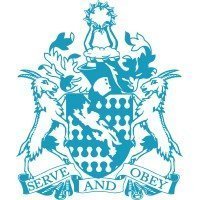Household debt surge impacts property and auto sectors
-
Recently Browsing 0 members
- No registered users viewing this page.
-
Topics
-
Popular Contributors
-
Latest posts...
-
213
Health Six Dead as Covid Cases Surge in Thailand
It was my best time in thailand during this covid pandemic. No traffic jam, not much noisy and drunk people, very quiet! Good if they make close all the borders and airports. Can get extensions to remain in the country haha -
49
What exactly is a Thai pink ID card?
You probably use private hospitals. In the government hospitals it is quite common for Thais to hand over their ID card. It is slipped into a plastic sleeve which is then stapled to their docs. That cannot be done with a passport. In the pre card days I saw the nurse drop my passport on the floor as she walked away, a nurse behind got to it before I did. -
49
What exactly is a Thai pink ID card?
I don't need a COR, never have done in 22yrs, as I have a yellow book. This was last year in Chiang Mai, pink card needed, obviously you don't know the rules in Chiang Mai. -
41
Opinion Unpacking Thailand’s Beauty Ideals: A Call for Diversity and Inclusion
White-skinned thais look like unhealthy ghosts -
45
-
3
How to prevent others from selling my condo?
Don't buy anything in Thailand with money you can't afford to lose is the most obvious precaution.
-
-
Popular in The Pub
-











Recommended Posts
Create an account or sign in to comment
You need to be a member in order to leave a comment
Create an account
Sign up for a new account in our community. It's easy!
Register a new accountSign in
Already have an account? Sign in here.
Sign In Now